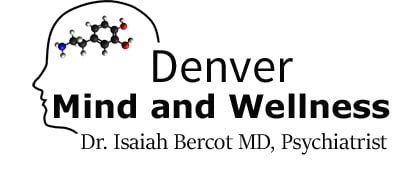
Early in the COVID-19 pandemic, the medical community were primarily focused on the more obvious symptoms of this disease, such as difficulty in breathing, severe coughing, and high fever. However, as time has gone on, we now know that COVID causes many neurologic and mental health problems as well. Terms such as “brain fog” or “Covid fog” are becoming common. The virus enters the body through the nose, and it utilizes the nerves used for smelling to gain easy access into the brain. The virus can then directly attack the brain and its neurons. It can also indirectly attack them via the inflammation caused by the body’s own immune system. The COVID virus is also thought to deprive the brain of oxygen, thus worsening the damage already caused. Neurological complication’s such as numbness, tremors, dizziness, and even complex syndromes such as myasthenia gravis have been seen.

Research has also shown a wide variety of mental health complications in patients who have had COVID including increased anxiety, depression, fatigue, mood disorders, eating disorders, and insomnia.
It has been estimated that 20 – 50% of COVID ICU patients will develop some form of mental health problem. A growing consensus in the medical field is that the damage that COVID causes to the brain can be long lasting. This is similar to the long-lasting damage that we know COVID can cause to the lungs, heart, kidneys and other organs. COVID can be both a short term and a chronic problem.

COVID has created a great deal of stress for much of the population. Even in people who have not contracted COVID personally, there is still an increased risk of mood and other mental health disorders because of the restrictions that have been mandated to slow the spread of the disease. The stress surrounding COVID can act as a “priming event,” which can unmask dormant emotional and behavioral problems. These can manifest themselves as:
- Problems sleeping or concentrating
- Development of new mental health or physical problems
- Worsening of existing mental health or physical problems
- Increased alcohol or tobacco usage
- Changes in eating patterns.
